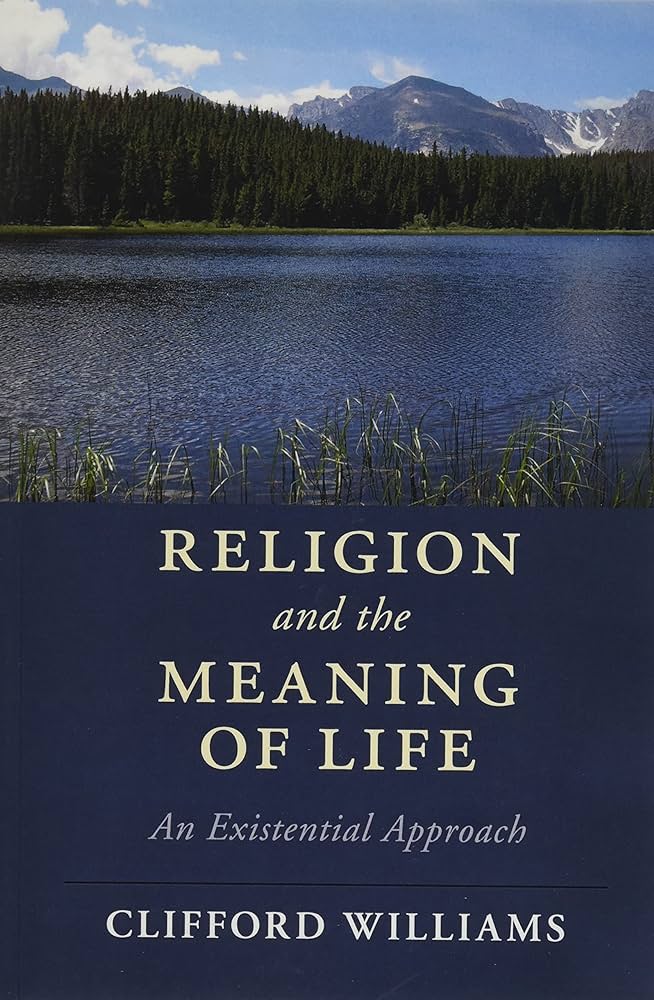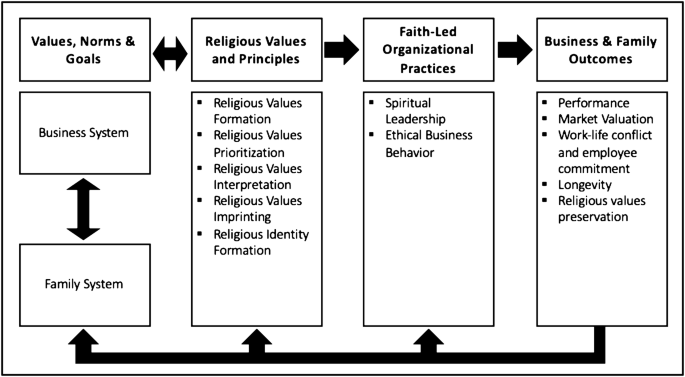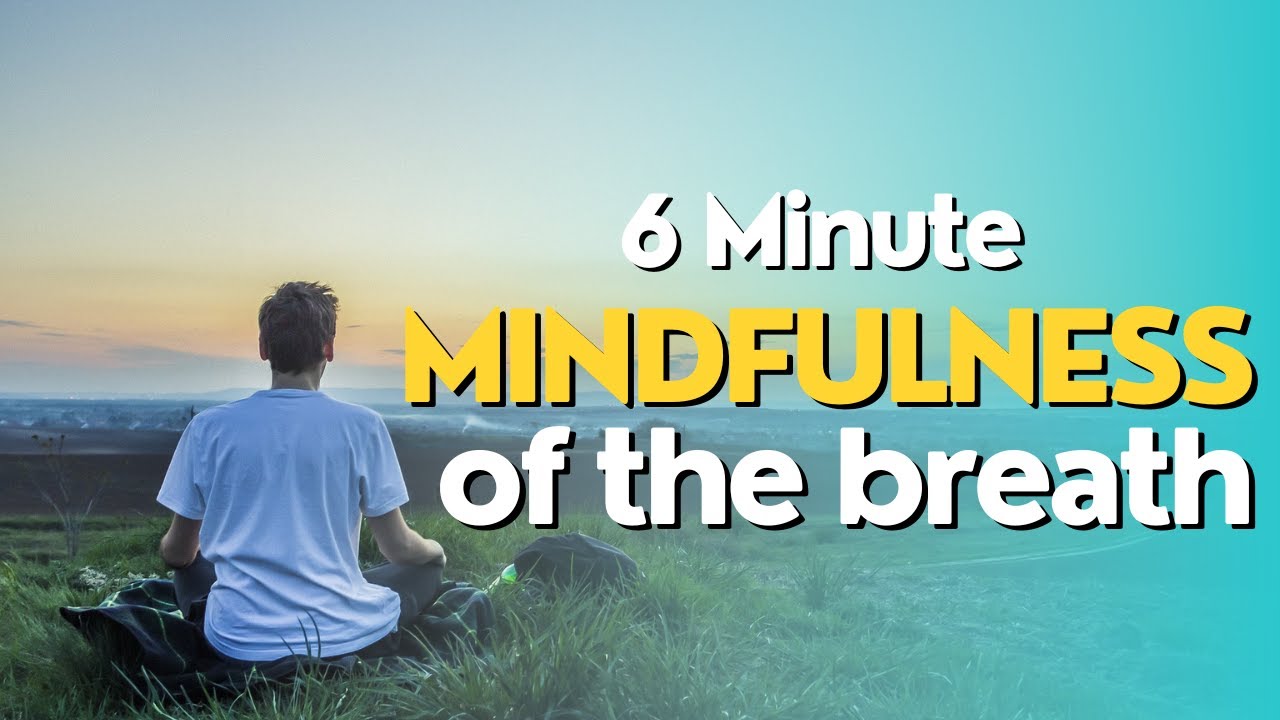Exploring the Big Questions of Faith: A Philosophical View
Introduction
In our quest for meaning and purpose, many of us turn to faith and spirituality. Religion offers answers to profound questions that have puzzled humanity for centuries. As we delve into the philosophical aspects of faith, we can gain a deeper understanding of these big questions that shape our lives. In this blog post, we will explore some of these questions and provide valuable insights from a philosophical perspective.
1. What is the nature of God?
Understanding the nature of God lies at the heart of many religious traditions. Philosophically, this question raises discussions about the existence and attributes of God. Arguments for God’s existence range from cosmological and teleological arguments to the ontological argument put forth by philosophers like Anselm and Descartes. Considering various philosophical perspectives on the nature of God can deepen our appreciation of different faith traditions.
2. Is there a purpose to human existence?
The search for purpose is intrinsically tied to questions of faith. From a philosophical standpoint, the inquiry revolves around the concept of teleology. Philosophers like Aristotle and Kant contemplated the idea of humans having a specific purpose or end. Exploring the philosophical arguments regarding human purpose can help individuals navigate their spiritual journeys and find meaning in their existence.
3. How can we reconcile the problem of evil and suffering?
The existence of evil and suffering is a profound challenge to faith. Philosophers have grappled with this issue through theodicy, attempting to reconcile the existence of a benevolent and all-powerful God with the presence of evil. Engaging with philosophical discussions on the problem of evil can provide insights into different approaches, such as the free will defense or the soul-building theodicy, and offer solace to those grappling with this age-old question.
4. What is the relationship between faith and reason?
Faith is often portrayed as diametrically opposed to reason, but philosophical inquiry can reveal a more nuanced perspective. Throughout history, philosophers like Aquinas and Pascal have explored the interplay between faith and reason, highlighting how they can complement and enrich each other. Understanding how faith and reason intertwine can help individuals navigate their beliefs with intellectual integrity.
5. Can science and religion coexist?
The relationship between science and religion has been a subject of debate for centuries. Philosophically, examining this coexistence requires an exploration of different perspectives, such as the conflict model, the independence model, and the dialogue model. Recognizing the compatibility of science and religion can help individuals harmonize their scientific knowledge with their spiritual beliefs.
Conclusion
As we dive into the big questions of faith from a philosophical perspective, we embark on a journey of intellectual exploration and spiritual growth. Engaging with these questions can deepen our understanding of our own beliefs and foster a more inclusive dialogue with others. By delving into philosophical perspectives on the nature of God, purpose, evil and suffering, faith and reason, and the coexistence of science and religion, we can embark on a path towards greater wisdom and philosophical enrichment.











